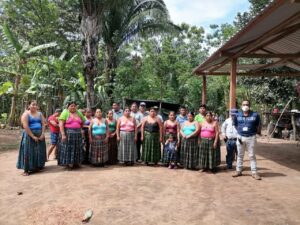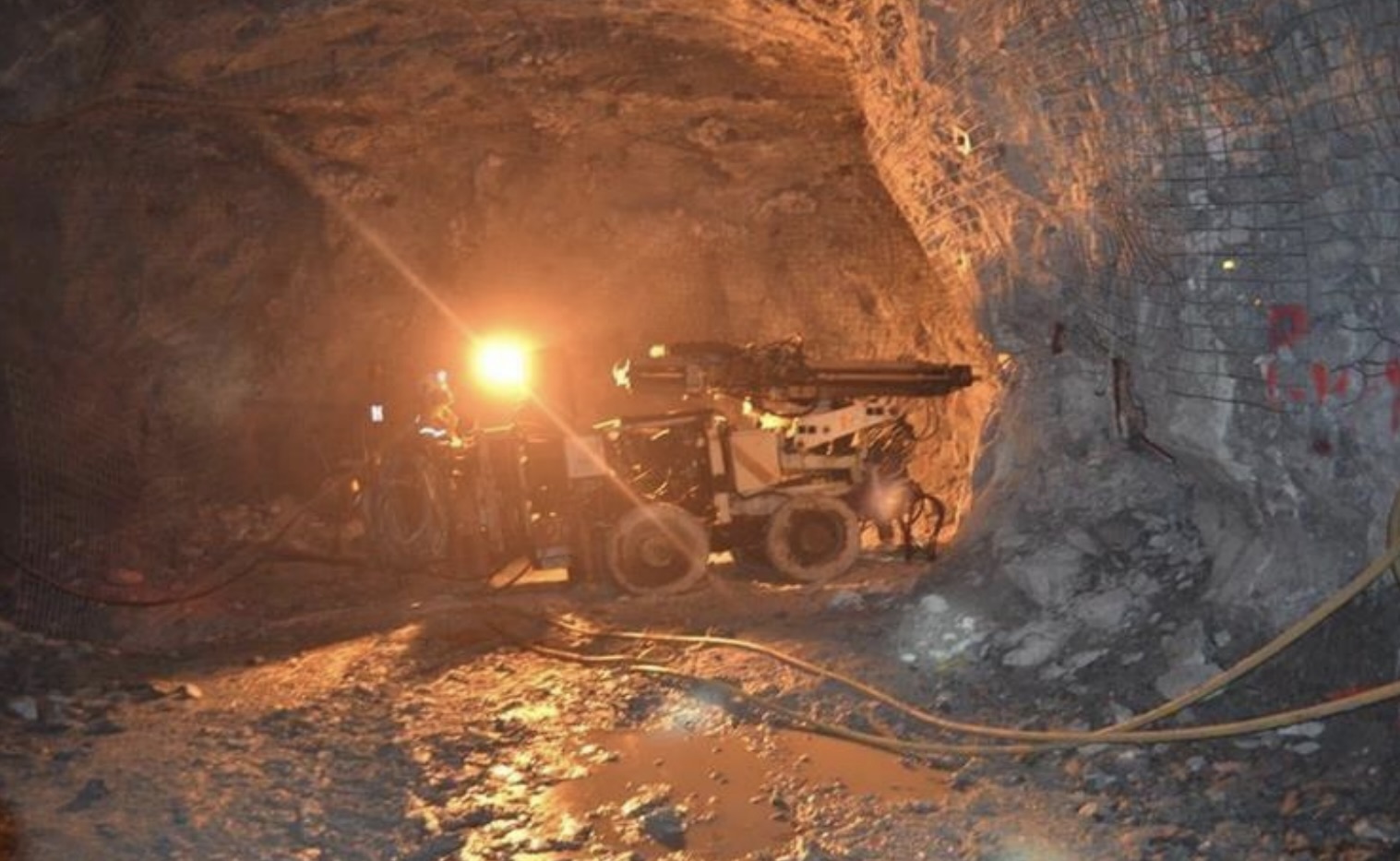The U.S. Treasury Department imposed economic sanctions on Russian citizen Dmitry Kudryakov and Belarusian citizen Iryna Litviniuk, who financed and directed three mining companies in Guatemala.
“The sanctions are very important because the political or judicial sanctions for these companies are not enough,” Guadalupe García Prado, director of the Guatemalan Extractive Industries Observatory in Guatemala, told Diálogo on December 5. “The economic sanctions are more robust to stop this type of activity.”
The two executives led multiple bribery schemes involving politicians, judges, and government officials, and also participated in the misappropriation of state assets, corruption related to government contracts, extraction of natural resources, and/or bribery, the statement said.
According to the Treasury Department, among the acts of corruption conducted in furtherance of influence peddling schemes, Litviniuk made unlawful cash payments to public officials in exchange for support for Russian mining interests.

The November 18 sanctions on the “egregious Russian corruption network” are intended to curb its illegal practices in Guatemala’s mining industry, the U.S. State Department indicated in a statement.
“We stand with the people of Guatemala and support the protection of their country’s natural resources,” said U.S. Under Secretary of the Treasury for Terrorism and Financial Intelligence Brian E. Nelson. “We will use our tools to help ensure that corrupt profiteers face consequences.”
The Guatemalan government added that “the sanctions [on the two foreigners and the three mining entities] are the result of close work and ongoing communication with U.S. government agencies.”
“They also demonstrate the level of control [their companies] had over Guatemalan territory to favor mining extraction, the amount of bribes, and violence,” García added. “They pretended to have separation [between the firms], but it is really a whole framework that operates together.”
The devil’s metal
The mining companies owned or controlled by Kudryakov are: Compañía Guatemalteca de Níquel (CGN), Compañía Procesadora de Níquel (ProNiCo), and Mayaníquel, subsidiaries of Solway Investment, a mining group based in Switzerland and fueled by Russian capital, the Treasury Department indicated. Together they produce some 25,000 tons of ferronickel annually, Spanish news agency EFE reported.
CGN operates the ProNiCo metal treatment plant and the quarries mined by Russian-owned Fénix company. Nickel mining is nicknamed “the devil’s metal” by miners because of its difficult refining process and the profound environmental impact it generates, Forbidden Stories, a consortium of investigative journalists, reported in its investigation Mining Secrets.
The investigation, based on a massive leak of CGN documents, shows the schemes employed by Fénix managers, in collusion with local authorities, to hide any element that could incriminate them in environmental contamination cases.
One of the documents indicates that on June 26, 2019 Kudryakov, Fénix director, wrote that “while journalists cannot accuse us of polluting the lake due to elements linked to our activity, they could have this opportunity if they turn to independent experts.”
The investigation also points out that water was not the only resource that the Fénix mining company polluted. The fine and toxic particles that Qéqchi Mayan families and mine workers breathed exceed the World Health Organization’s recommendations.
It also indicates that Kudryakov rejected the creation of a statistical database. “The worst thing for us would be to provoke a massive flow of complaints. Plaintiffs would link their illnesses to the company to profit from it. All such appeals would be documented, and journalists would have access to the statistics,” he wrote.
With the help of local operators, the managers of these companies supplanted councils of indigenous authorities to obtain licenses, García said. They even forced their workers to demonstrate in the capital in favor of the mines. If they did not attend, they were stripped of their labor benefits, he added.
“The [Russian] managers acted very violently,” García said. “We know that they planned to chemically poison people’s cardamom crops to […] force them to move, and that they had plans to hire gang members to intimidate the population.”
On November 25, the Guatemalan Migration Institute announced that both Kudryakov and Litviniuk had left the country and would not be allowed to re-enter, according to the National Security Council.
Break
“[…] The sanctions are going to stop the operations of Russian-owned mining companies,” García said. “It’s important because Mayaníquel wanted to expand its exploitation to other areas of Guatemala.”
“We should pay careful attention because nickel has always been a war metal. The war in Ukraine makes nickel more in demand,” García concluded. “We must think and reformulate what we want for the country, especially because we have biodiverse areas and important indigenous territories.”









